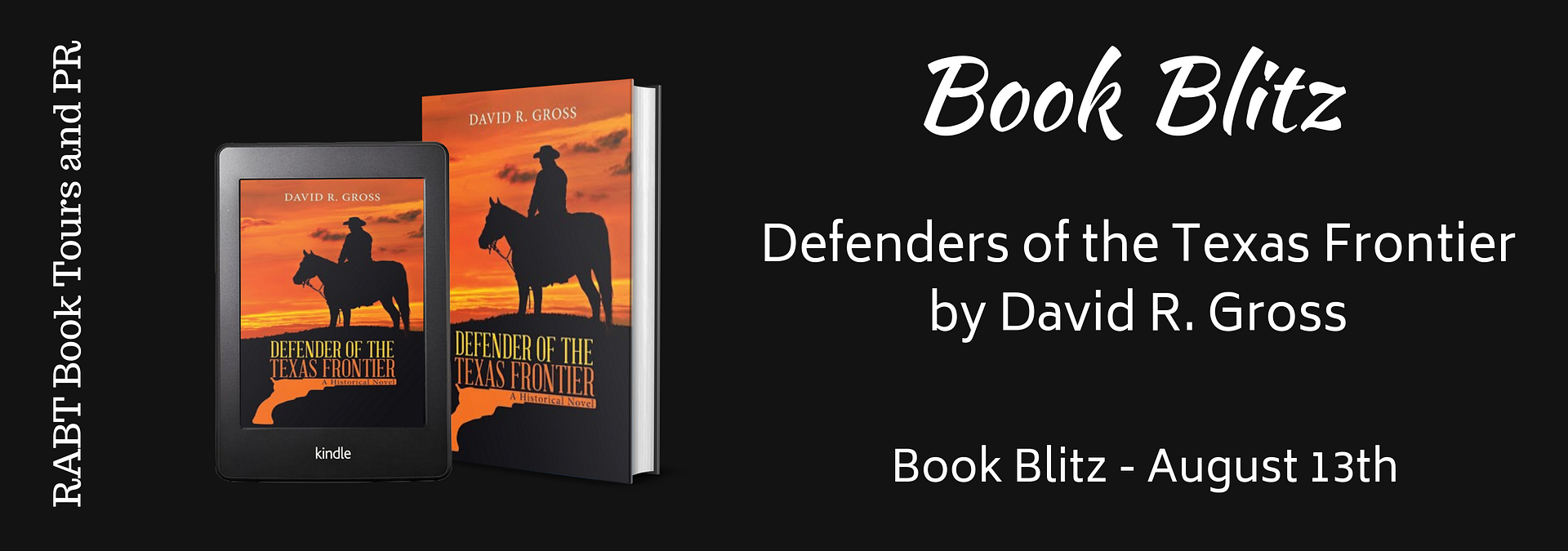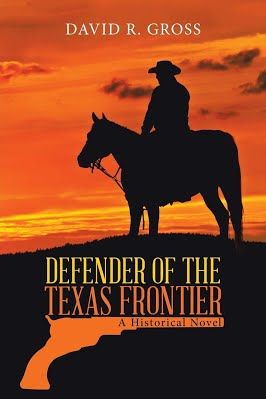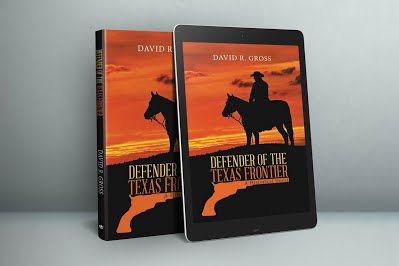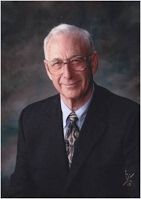Historical Fiction
Date Published: April 2019
Publisher: iUniverse
It was 1837 when John Coffey (Jack) Hays, only nineteen years old, arrived in Texas. He was too late to join the fight for Texas Independence but joined the ranging company of Deaf Smith and started his long history of defending Texans from raids by Comanche bands and Mexican bandits. By the time, he was twenty-three he was a captain of the Texas Rangers, known throughout Texas as a fearless fighter and a leader whose men would follow him anywhere, under any circumstances. Amongst his lieutenants were Samuel H. Walker, Ben McCulloch and William (Bigfoot) Wallace each of whom became leaders of Texas Ranger companies, and forged their own legends in Texas history.
Hays, more than any other man, symbolized the Texas Rangers during the era of the Texas Republic. During the Mexican War, Colonel Hays’ Rangers scouted, defended U.S. supply and communication lines from attacks by Mexican guerrillas, and fought with regular units of the U.S. Army. They earned a significant reputation for bravery and success.
Hays’ Rangers were almost always outnumbered in their battles with Comanche and Mexicans, but more than held their own because they had early access to the revolver. Hays made certain every one of the men under his command was a skilled marksman with the revolver and their other weapons. This novel tells the story of Hays’ life, loves, and the sense of honor and responsibility that motivated him to embrace hardship and danger.
Excerpt
Chapter 1
My name is John Caperton. I have known and been a friend of Jack Hays since we were young boys teaching ourselves how to hunt and fish and live rough in the forests of Tennessee. I am six months younger than Jack. I followed him, and now I leave a record of his story.
We arrived in Nacogdoches thirsty and decided to have a beer. Jack stood at the end of the ten-foot bar sipping at the mug of beer he held in his left hand. I was leaning against the far wall, no more than six or seven feet away. Jack was then nineteen, but he appeared to be maybe fourteen or fifteen years old. He’s still slight and is an inch or two shorter than most of the men in any room. His complexion is fair, his nose slightly aquiline. His mouth is firm with thin lips. His chin is square. His beard struggled to be noticed. He didn’t move his head, but his deep-set hazel eyes moved continuously, taking in everyone and everything in the room.
All the men in the room, with the exception of the bartender, were dressed roughly. Their wool pants were baggy and dirty with constant use, their shirts dirty and frayed at their collars and cuffs. The men’s coats were a variety of styles, including some uniform coats from 1812. Almost all the men wore wide leather belts with one or two pistols jammed in between belt and coat. Some held rifles. Most had large knives in sheaths hanging from their belts. All wore battered hats of indeterminate style and age.
Jack was also wearing wool pants, but his were less baggy. The collar of his homespun shirt was stained but not frayed, and his coat was a heavy wool with a tight weave. His hat was beaver felt, the crown crushed flat, the brim drooping. He had two pistols jammed in his wide belt, the heavy grips facing each other. His bowie knife resided in a sheath close to his right hand. A Tennessee long rifle was slung by a leather strap over his left shoulder.
The continuous murmur of men in quiet conversation pervaded the cramped room. Occasionally, the sound of chairs and boots scraping on the wide-plank pinewood floor penetrated the hum. The floor planks, apparently nailed down while green, were twisted. Men often stumbled while making their way to the bar, not always the result of having imbibed too much alcohol. Every time a newcomer entered the room, there was a shout of greeting. Adding to the ambiance was the sharp sound of playing cards slapped with enthusiasm onto the three rickety tables crowding the space. All the sounds were punctuated by the noise of shot glasses and beer mugs set down on the bar and tables. Chunks of thick, sticky Nacogdoches mud dried in the warm closeness of the room and fell in clumps from the boots of the men who were in the bar longest. This was all accompanied by the stench of stale beer, rough whiskey, cigar smoke, and the stink, rising like steam, from the filthy clothing of unwashed males.
Jack watched as some men left and others arrived, crowding past one another through the narrow doorway. The single room of the rough board cabin that served as the bar filled as more men crowded in.
“Shut the damn door!” someone yelled.
It was late April 1836. Wind and rain pounded the town of Nacogdoches in the new Republic of Texas.
The door crashed open again, and a very large man pushed through. This time nobody shouted a greeting. He shoved men aside to claim a place at the bar.
“Whiskey, damn it, George,” he shouted at the harried bartender, who, after glancing to identify the speaker, stopped pouring beer into the three mugs he held in one hand. He set the mugs down and poured a shot of whiskey, sliding it through the spilled beer lubricating the bar top.
The big man took up the glass, turned to survey the room, and then drank the cheap whiskey in a gulp. He returned the shot glass to the bar without turning.
“Hit me again, and keep them coming, George. Don’t just stand there with your thumb up your ass.”
I leaned in toward the man standing next to me and whispered, “Who is that guy?”
“The local bully,” he whispered back. “Before long, he’ll taunt somebody and wave one of those fists in his victim’s face.”
I noticed all the men in the bar did their best to avoid looking at him, except for Jack, who didn’t take his eyes from the huge fellow.
The man standing next to me whispered again. “I noticed you came in with that young man at the bar. If he’s your friend, you best tell him not to do anything to provoke. After a couple shots of that rotgut, Big Al will try to pick a fight with someone, and if that youngster doesn’t stop staring at him, he’ll be the one.”
Jack kept his place at the bar and continued to gaze at the bully.
The big man quickly consumed three more shots of whiskey and then suddenly shoved the man standing next to him. “Back off, shithead. Don’t crowd me, or I’ll beat the crap out of you.”
The man backed away, gulped what was left of the beer in his hand, put the mug down on a table, and ran from the bar.
The bully smiled, pleased with the reaction he forced. Then he noticed Jack looking at him. “What you smilin’ about, twerp?” he shouted, pushing past three men to stand very close to Jack.
I left my place at the wall to move closer.
The bully was a full head taller and at least ninety pounds heavier than Jack. His broad shoulders tapered into a thick neck. Although I was three feet away, I could smell his rotted teeth. Jack did not back away from the stench. The bully clenched his fists.
“Wipe that smile off your face, shithead, or would you rather I wipe it off for you?” The bully raised his right fist and waved it in front of Jack’s face. “I said to wipe off that smile, or I’ll wipe it off for you.”
Jack continued to smile while gently placing his mug on the bar. The bully pulled back his fist. The pistol on Jack’s left side was in his right hand. The fist started forward, a cap exploded, and the coat over the big man’s heart burst into flames. He fell straight back, stiff as a felled tree. He was dead when the back of his head hit the floor, pushing his hat over his still snarling face.
Jack pushed his pistol back through his belt and then swept his eyes around the room. “Anybody think that man was not about to hit me?” he asked.
One man pushed his chair back from the table where he sat. The feet of the chair screeched and then caught on a twisted board. The man stood, pushing the chair over backward.
“That son of a bitch beat me near to death three weeks ago, and others in this room have suffered at those fists. Thanks, young man. We are well rid of that scum.”
Several other men in the room voiced their agreement.
“Is there a lawman in this town?” asked Jack. “I suppose I’m in deep shit for killing this man, but I wasn’t going to allow him to hit me.”
“It was self-defense. We all saw it,” said the man as he extricated his feet from the turned-over chair on the floor.
The door slammed open, hitting the wall on the hinge side. A gray-haired man with a four-day-old beard, his potbelly hanging over his gun belt, entered with a pistol in his hand and a badge pinned to his coat.
“I heard a shot. What the hell has Big Al Cranston done now?”
Jack motioned at the body on the floor with his chin. “Is that Cranston?”
One of the men in the room spoke up. “It was completely justified, Sheriff. Couldn’t expect the young man to wait until that asshole hit him. I want to buy our hero a drink.”
I finally found my voice. “I can verify that man on the floor was about to hit him, sir.”
Several men shouted at the bartender to pour Jack a drink.
Jack waved a hand in the air. “Thanks, gents. I’ve had all the alcohol I need. Maybe another time. We’re just passing through.” He grabbed my right arm above the elbow. “Believe we’ll be on our way, unless there is something else, Sheriff.”
“I’ll need you and your friend to come to my office and sign a statement, young man. You too, Sam, and anyone else who agrees Big Al was asking for it. I’ll have to file a report with the judge whenever he comes around again. What’s your name, youngster?”
“John Coffee Hays, sir,” Jack answered.
“Any relation to Harmond Hays of Tennessee?”
“Yes, sir. He’s my daddy.”
“How’s he doing?”
“He and my ma both died of the cholera about four years ago.”
“Sorry to hear that. I served with him in 1812 under General Jackson. Didn’t one of your uncles marry Andrew Jackson’s sister?”
“Yes, sir. She’s my great-aunt Cage, my ma’s side.”
“Well, boys, the tree this lad sprouted from is one tough giant of the US of A. Let me shake your hand, John Coffee Hays. Nobody in this town is likely to weep over the loss of Big Al. Some of you boys haul his carcass out of here. Leave him on the porch of my office until I can order a coffin, but wrap him up in a tarp first. No sense in spreading his blood all over town. George, looks like you’ll have a mess to clean up.”
The bartender replied. “He rarely paid for what he consumed, so no great loss. A bucket of water sloshed on the floor will get most of it. The rest will just mix with the dirt.”
As we followed the sheriff to his office, Jack whispered, “So that’s how it feels to kill a man. Glad I didn’t take the time to think about what I was doing. Just a reflex. Still, I’m glad I’m not in trouble. Wonder if Big Al has family who will mourn him?”
*****
About the Author
Dr. David R. Gross has co-edited three multi-authored textbooks and more than one hundred scientific articles. The first, second, and third editions of his single author text, Animal Models in Cardiovascular Research, can be found in most medical libraries. Since retirement, he has published Man Hunt, a historical novel, Animals Don’t Blush, a memoir, Travels with Charlize, a memoir, Succeeding as a Student, a how-to book, and most recently, A Mexican Adventure, a memoir, the sequel to Animals Don’t Blush.
Contact Links
Purchase Links





No comments:
Post a Comment